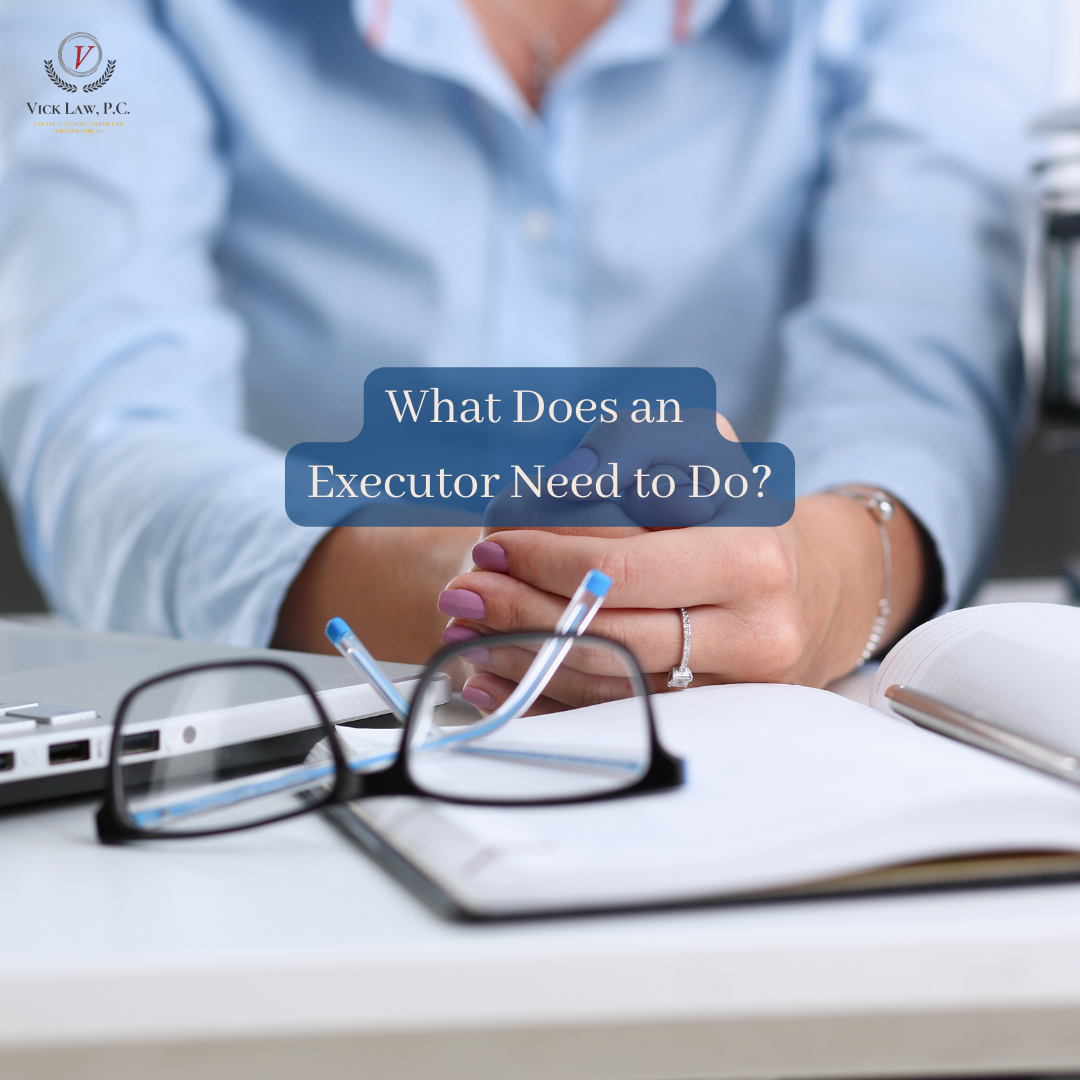Being named an estate executor is an honor and a big task. It is an honor because being named executor means your family member or friend trusts you implicitly enough to put you in charge of their estate when they are gone. It’s also a big task, with many moving parts to manage, which is the topic of a recent article from Kiplinger, “Eight Steps to Take When Settling an Estate as the Executor.”
You may feel like you must accomplish all of the tasks as soon as possible. However, working through an estate takes time. As a fiduciary, the executor must prioritize the decedent's desires and the estate's interests.
- Managing expectations for the executor and heirs. It can take anywhere from two months to five years to settle an estate, depending upon its complexity and how much planning has been done. There is always the brother-in-law who knows better than anyone else how things should be handled and how long it should take. Ignore this.
- Death certificates. An early task in the process is working with the funeral home to arrange memorial services, burial, cremation, or whatever the decedent wanted. Request ten original death certificates, since the probate court and financial institutions will want original certificates, which may or may not be returned.
- Where are the estate documents? To file for probate, you (or an estate planning attorney) will need the last will and testament, trust documents, titles for cars or boats, deeds for the home, etc. ou should also try to locate a letter of instructions or intentions. This is not legally binding but can provide more insight into the person’s wishes.
- Make a list of financial institutions, life insurance, and other assets. After you’ve been an executor and seen how complicated it becomes when you don’t have this list, chances are good you’ll start creating one for your own executor. A list of all financial institutions where accounts are held, the name of a financial advisor, estate planning attorney, or CPA, and information about all insurance (life, health, car, auto, home, etc.) spares the executor from having to conduct a scavenger hunt to identify these assets. Start a spreadsheet or a handwritten notebook to track every step you take with these assets, from who you speak with, what is said, best contact emails and phone numbers, etc.
- Contact Social Security and any pension custodians. You’ll need to notify SSA and pension companies to have payments stopped and any benefits paid to the estate.
- Find digital assets. Here’s where it gets tricky. Traditional assets often turn up when statements are mailed. However, if all statements are being made through email, you’ll need to log into the person’s computer and start looking for accounts, including financial accounts, credit cards, subscriptions, loans, leases and recurring charges. You’ll also need to notify the three credit bureaus. Look for a computer file or a printout of all accounts with passwords, including social media.
- Contact the HR department if the person was still working. If the person has passed, let the HR department know. You may need to do some paperwork concerning retirement plans, health benefits and compensation for unused vacation time. Let the financial aid office know if a minor child is away at college. The student might now qualify for assistance.
- Don’t be averse to getting professional help. Talk to the person’s estate planning attorney, financial advisor and CPA. If your loved one died without making a will, you’ll need help managing the probate process and figuring out what, if any, debts need to be paid. The estate planning attorney will also help you navigate any estate taxes, both on a federal and state level.
Settling an estate is a complex and time-consuming responsibility that requires careful attention to detail and adherence to legal requirements. While it can be overwhelming, you don't have to navigate this process alone. Vick Law, P.C. is here to support you every step of the way. Our experienced estate planning attorneys can provide the guidance you need to fulfill your duties as an executor efficiently and effectively. Don't let the burden of settling an estate weigh you down—contact Vick Law, P.C. today to ensure everything is handled smoothly and in accordance with the decedent’s wishes.
Reference: Kiplinger (April 3, 2024) “Eight Steps to Take When Settling an Estate as the Executor”


